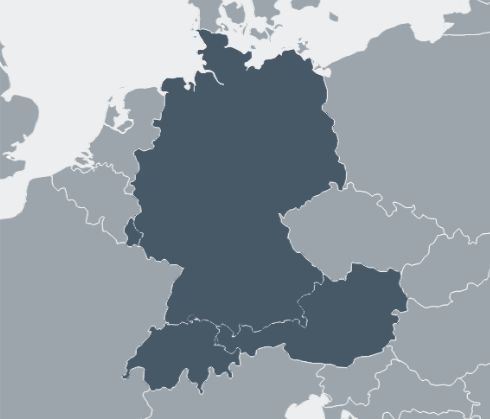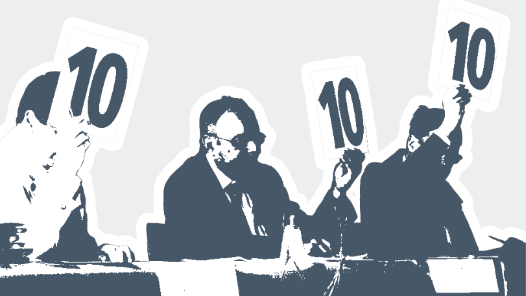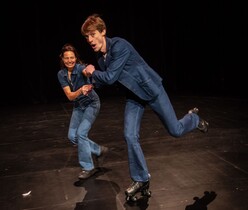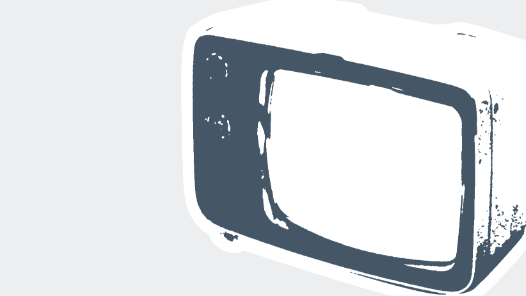Young Europe Blog: Fragen Fragen - The Karlsruhe/Strasbourg-project and the question of language barriers
Lost in translation
by Alissa Rubinstein
Berlin, May 16th 2013. I wanted to like this play. I did. I wanted to like it, because I do not like to not like things.
I walked into the theater with the best of intentions, but, with astonishing speed, all of my hopes and dreams were smashed into tiny little frustrated pieces of confusion. "Fragen Fragen – La vache et la commissaire" is a bilingual German-French classroom play created by the Centre Dramatique National d’Alsace and the Badisches Staatstheater. It is intended for performance in bilingual German-French high school classrooms; the initial inspiration for the concept came from workshops held in classrooms in the Strasbourg/Karlsruhe region.
The performance began. The actors entered. They spoke their first lines. German! French! Of course! But this is a European festival, not a German-French festival. What about the Dutch? The Norwegians? The Cypriots? They're also part of Europe! They’re also part of the festival! What about them?
I searched and I searched, but, alas, I searched in vain. There were no English translations to be found.
Questions, Questions
Luckily, I'm reasonably fluent in German, but, my French is limited to the absolute basics. The text of "Fragen Fragen – La vache et le commissaire" is unfortunately not a series of variations on "Excuse me, where is the bathroom, may I have a glass of water, please? I'm sorry, I don't speak French."
But first, the positives. The two actors, Règine Westenhoeffer und Natanael Lienhard, were incredibly sympathetic and sweet and honest. Timing and dedication: 100%. And in its intended context – a bilingual German-French high school classroom – I bet their enthusiasm pays off more than it did in the weird fake classroom/semi-stage context created for the festival, although I still found the script a bit too didactic, and it approaches the theme of Europe in a very literal way.
Here's the conundrum: does the pan-European festival version of this play want to engage all Europeans in this discussion about what Europe is? Or does the pan-European festival version of this plan want to present for an non-high-school-students-from-the-Strasbourg/Karlsruhe-region-audience, to the best of its ability, what it’s like to have this discussion about what Europe is for high school students from the Strasbourg/Karlsruhe region?
How can everyone take part in the conversation if not everyone can understand what is being said?
The ultimate point
I can't judge how the play works in the classroom, but if you're coming to European festival, finding a way to integrate an English translation of the play into the performance is a necessary evil.
The French director, Grègoire Callies, insisted that a translation wasn’t necessary because theater speaks a universal language. Generally I would agree. However, if the point of the play this group conversation about European identity, it’s unfair and, I would argue, pointless to try to continue that conversation when all the participants can’t understand or contribute to it.
The ultimate point of the Young Europe Festival as I understand it is to find new plays to add to the contemporary repertoire of new European plays for youth. "Fragen Fragen – La vache et le commissaire" may only work in its original context. It is, after all, a classroom play. What is the best way to present a classroom play at a theater festival?
The problems of a classroom play
The actors said that the performance is lot more theatrical when they perform it in the real classroom setting it’s supposed to be in, because when they walk into the room the students can’t tell if they’re more teachers or actors. The teenagers actually often don’t know they’re about to see a play, so the fact that the actors kind of act like teachers is more fitting, and when all hell breaks loose and things start to get weird, it’s more overtly theatrical, precisely because they’re in a classroom and not a theater. This is the same problem the Hungarian piece ran into – how to present a play that is supposed to be performed in a classroom at a festival in a regular theater.
What is Europe? The workshop students ultimately decided they had no idea. The director and actors agreed. The audience didn’t seem to have any idea either, and by time the show was over, I’m not sure if the conversation had progressed at all.
Der Blog ist ein Kooperationsprojekt von nachtkritik.de und der European Theatre Convention im Rahmen des Young Europe Festivals. Seine Inhalte sind nicht Teil des redaktionellen Kontents von nachtkritik.de: Impressum.
meldungen >
- 15. April 2024 Würzburger Intendant Markus Trabusch geht
- 15. April 2024 Französischer Kulturorden für Elfriede Jelinek
- 13. April 2024 Braunschweig: Das LOT-Theater stellt Betrieb ein
- 13. April 2024 Theater Hagen: Neuer Intendant ernannt
- 12. April 2024 Landesbühnentage laufen 2024 erstmals dezentral
- 12. April 2024 Neuauflage der Demokratie-Initiative "Die Vielen"
- 12. April 2024 Schauspieler Eckart Dux gestorben
- 12. April 2024 Karlsruhe: Graf-Hauber wird Kaufmännischer Intendant








neueste kommentare >